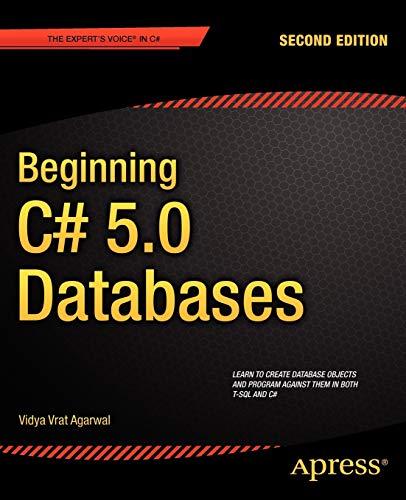Answered step by step
Verified Expert Solution
Question
1 Approved Answer
******************Can I get an answer to this in Java? I have an answer close, but I'd like to see something completely correct. Also, please use


******************Can I get an answer to this in Java? I have an answer close, but I'd like to see something completely correct. Also, please use comments for explanations. Thank you!
Consider a pair of integers, (a,b). The following operations can be performed on (a,b) in any order, zero or more times: - (a,b)(a+b,b) - (a,b)(a,a+b) Return a string that denotes whether or not (a,b) can be converted to to (c,d) by by performing zero or more of the operations specified above. Example (a,b)=(1,1)(c,d)=(5,2) Perform the operation (1,1+1) to get (1, 2), perform the operation (1+2,2) to get (3,2), and perform the operation (3+2,2) to get (5,2). Alternatively, the first operation could be (1+1,1) to get (2,1) and so on. The diagram below demonstrates the example representing the pairs as Cartesian coordinates: Function Description Complete the function isPossible in the editor below. isPossible has the following parameter(s): int a : first value in (a,b) int b: second value in (a,b) int c : first value in ( c,d) int d : second value in (c,d) Returns: str: Return 'Yes' if ( a,b) can be converted to (c,d) by performing zero or more of the operations specified above, or 'No' if not. Constraints - 1a,b,c,d1000Step by Step Solution
There are 3 Steps involved in it
Step: 1

Get Instant Access to Expert-Tailored Solutions
See step-by-step solutions with expert insights and AI powered tools for academic success
Step: 2

Step: 3

Ace Your Homework with AI
Get the answers you need in no time with our AI-driven, step-by-step assistance
Get Started


